Posted on 12/25/2023
.jpeg)
Have you ever been driving and suddenly noticed a warning light on your car's dashboard? It can be a little scary - like your car is trying to tell you something important. But don't worry, those warning messages are just your car's way of communicating with you. This guide explains seven common warning lights that you might see while driving and what they actually mean in simple, easy-to-understand language. P0300 - The Misfire Mystery This code hints at a misfire, a hiccup in the engine's rhythm. It could be a spark plug misfiring, a fuel delivery issue, or something else affecting the combustion process. Don't panic. Seek professional help to diagnose the root cause. Ignoring this code might lead to decreased fuel efficiency or potential damage to ... read more
Posted on 11/27/2023
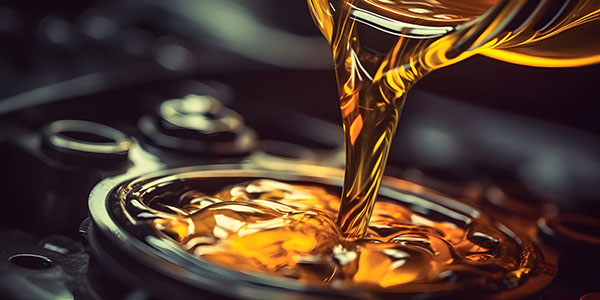
The vital fluids coursing through your vehicle's mechanical veins keep everything running seamlessly, from the engine to the brakes, and not just the gasoline that fuels its journey. But as vital as these fluids are, there's a surprising amount of misinformation and poor practice out there that can lead to costly repairs or even a breakdown. Understanding Your Vehicle's Fluid Needs Before we plunge into the specifics, let's acknowledge a simple truth: every vehicle is unique. Like the human body, each car, truck, or motorcycle has its own requirements when it comes to type, quantity, and change intervals for fluids. That said, common across all vehicles are some core types of fluids: engine oil, coolant (antifreeze), transmission fluid, brake fluid, power steering fluid, and sometimes differential fluid. Best Practices for Fluid MaintenanceRegular Checks and Timely Changes Adopting a regular maintenance schedule i ... read more
Posted on 10/31/2023
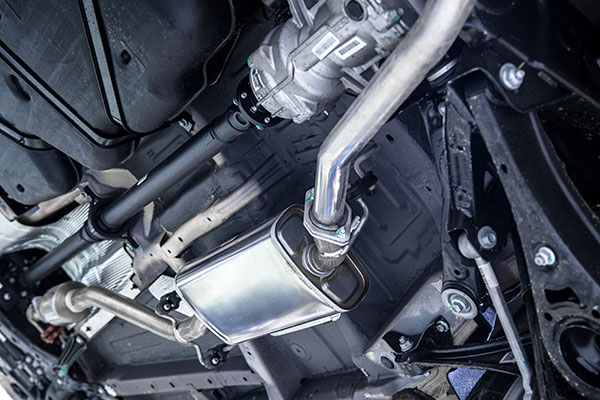
The exhaust system may not get as much attention as other parts of your car, but it plays a crucial role in ensuring that harmful gasses are expelled efficiently, and your engine operates at its best. However, with the daily wear and tear of everyday driving, it's easy to overlook the exhaust system and miss signs of potential problems. To keep your exhaust system running smoothly and prevent any disruptive issues, it's important to take care of it. This article will help exactly with that and ensure that you have a reliable driving experience. Regular Inspection Schedule routine inspections of your exhaust system to check for any signs of rust, cracks, or leaks. Addressing minor issues early can prevent them from escalating into major and costly repairs, ensuring the overall integrity of your exhaust system. Check the Mounts and Hangers Ensure that the exhaust system ... read more
Posted on 9/30/2023
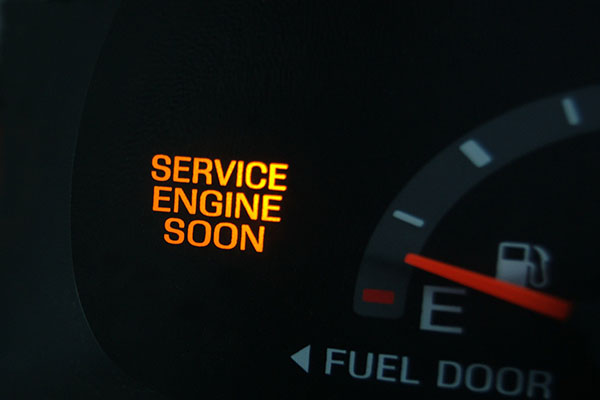
While no one plans for their car to break down, knowing when to call towing services can save you from stressful situations and further damage to your vehicle. Let's look at five particular ones so you know when and how to act! 1. The Obvious - Engine Failure When your engine decides to play the silent game, it's a clear sign that something is seriously wrong. Attempting to restart the engine repeatedly can exacerbate the issue, potentially leading to costly repairs. Calling a towing service is the safest way to transport your vehicle to a qualified mechanic who can diagnose and fix the problem. 2. Flat or Blown Tire Misadventures Changing a flat tire is a handy skill, but it has its limits. If you've exhausted your spare tire and still find yourself with a flat or damaged tire, a towing service can transport your vehicle to a tire shop for professional assistance, especially if the damage is extensive or if you lack the necessary tools ... read more
Posted on 8/31/2023

Ah, the Toyota Camry, a trusty companion for countless drivers across the United States. Known for its reliability and smooth ride, this sedan has earned its place as one of the most popular cars on the road. However, the Camry isn't immune to the occasional hiccup, just like any vehicle. Luckily for you, today we are going to take a look at some of the most common problems that owners have reported over the years and give you a solution! 1. Transmission Problem: Some Camry owners have reported issues with their automatic transmissions, such as rough shifting or delayed engagement. Solution: Regular transmission fluid changes and servicing can help prevent and address these issues. Ensure you're using the manufacturer-recommended transmission fluid. 2. Mysterious Dashboard Lights Problem: Those cryptic dashboard warning lights can be pretty unsettling. Common culprits include the check engine light, ABS light, and tire pressure warning. Solution: Pay attention to these lig ... read more
Posted on 7/30/2023
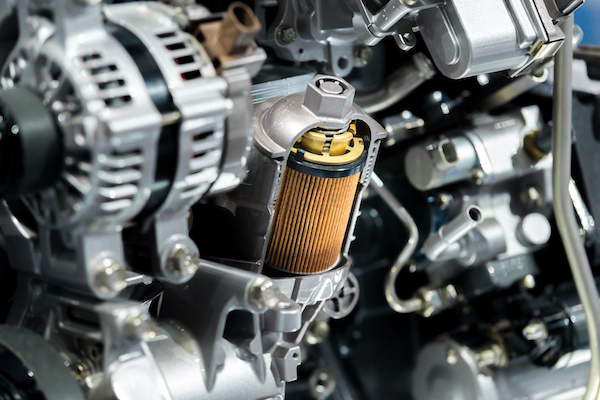
Filters play a crucial role in maintaining the health and performance of your car's engine and cabin. Let us look at the most common types of filters in a car, why they are important, and how often they should be replaced or cleaned: Air Filters Air filters are designed to prevent dust, dirt, and other debris from entering your engine's combustion chamber. Dirty or clogged air filters can result in reduced airflow to the engine, potentially leading to reduced fuel efficiency, decreased acceleration, and poor engine performance. It is recommended that you replace your air filter every 12,000 to 15,000 miles, or more often if you frequently drive in dusty or dirty environments. Fuel Filters Fuel filters help protect your engine from dirt, debris, and contaminants that can be found in gasoline or diesel fuel. Dirty or clogged fuel filters can cause your engine to run poorly, leading to reduced fuel ... read more
Posted on 6/30/2023
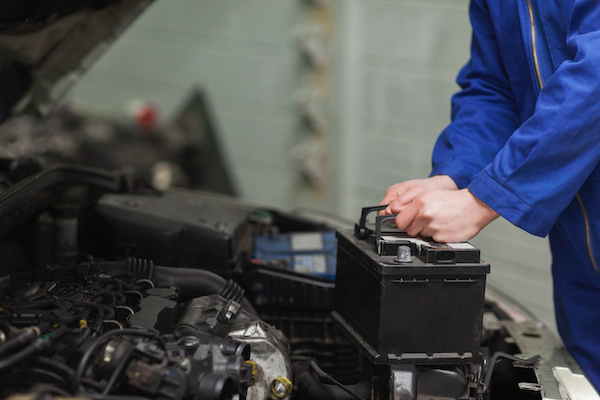
A car's battery is crucial to its operation, particularly starting the vehicle. Proper maintenance of a vehicle's battery will ensure your car runs optimally. Part of car battery maintenance is ensuring that the battery does not fail. The following are the most common causes of battery failure: Aging Natural aging of the battery is the primary cause of car battery failure. A car battery typically has a lifespan of about six years. With time, the battery's resistance increases, making it harder for it to work. Eventually, the battery will die and fail, making a replacement mandatory. Poor Care The second most common reason vehicle batteries fail is due to improper maintenance by the car owner. Owners should read the manual so they can know how to maintain their car batteries. Human negligence of car batteries includes things like leaving the lights on, using the radio for too long, not replacing battery fluid, and more. If you take proper ... read more
Posted on 6/22/2023
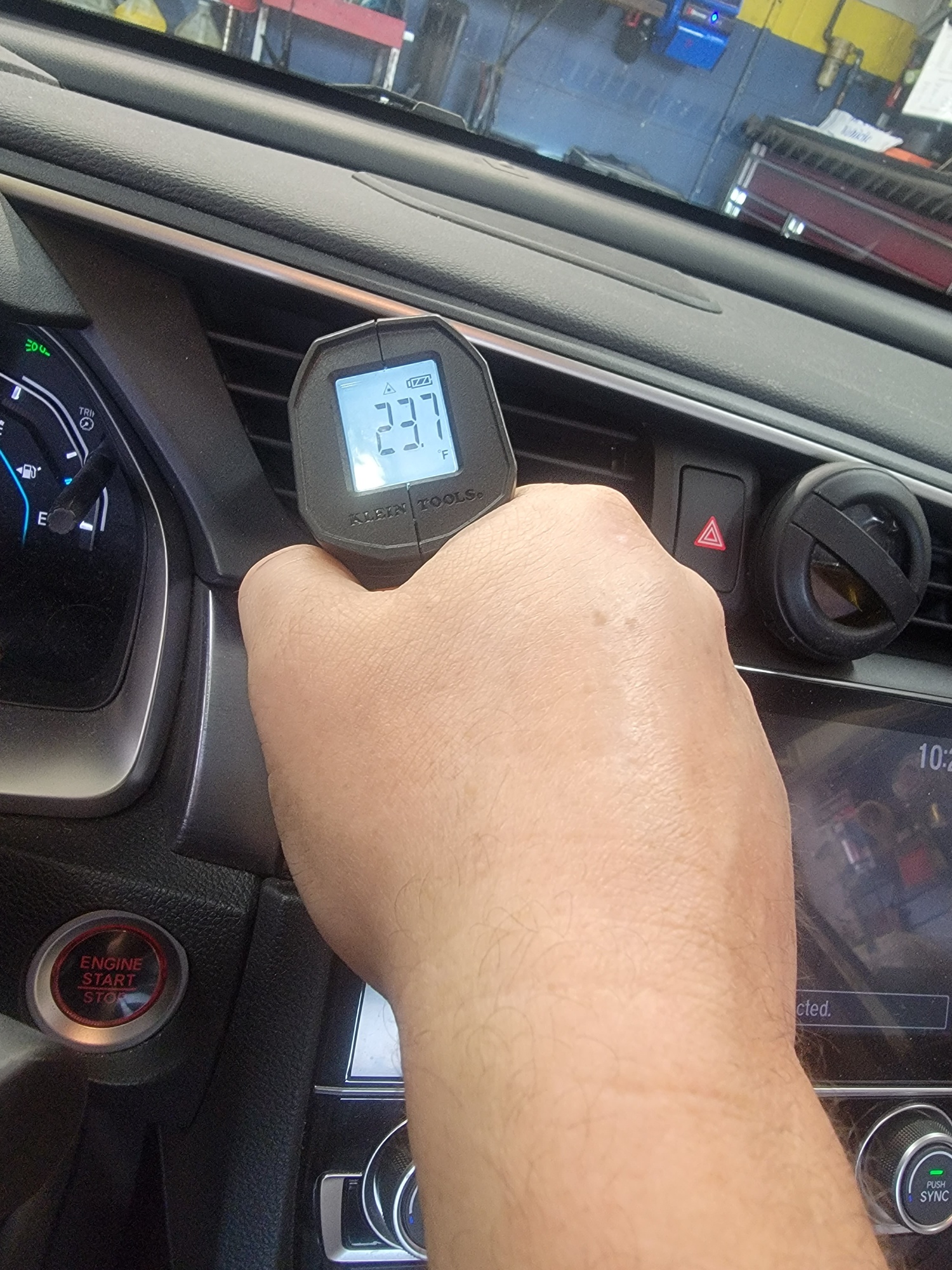
Several factors can affect the performance of a car's air conditioning system. Here are some common ones: Refrigerant levels: Low refrigerant levels can result in reduced cooling efficiency. Cars' AC should be blowing twenty degrees below the ambient temperature in the warmer months. (Between 40 and 50 degrees). Damaged hoses, seals, or components within the AC system can cause leakage or insufficient refrigerant. Compressor issues: The compressor is responsible for circulating and pressuring the refrigerant. Problems with the compressor, such as a faulty clutch, worn-out bearings, or electrical issues, can lead to poor cooling performance. Condenser blockage: The condenser, located at the front of the car, helps dissipate heat from the refrigerant. Accumulation of dirt, debris, or bugs on the condenser fins can obstruct airflow and reduce cooling efficiency. Evaporator problems: The evaporator inside the car cools the air before it is blown into the cabin. A dirty or clogg ... read more
Posted on 5/30/2023
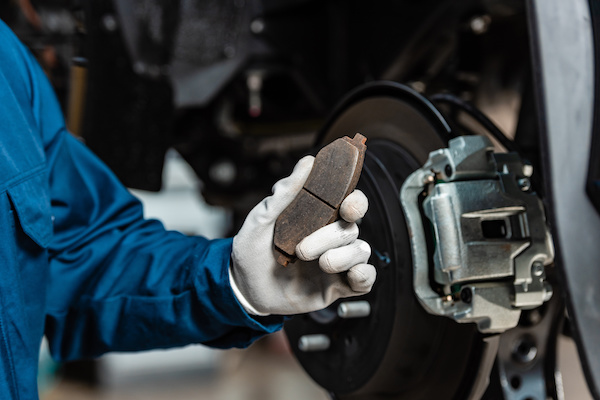
Ensuring your vehicle's braking system is safe and performing well is crucial, and brake pads play a vital role in this. Brake pads create the necessary friction to stop your car when you apply the brakes. However, not all brake pads are the same. Read on to learn more about the various types of brake pads available, their characteristics, and how to choose the right ones for your car. Organic Brake Pads Organic brake pads are made from multiple organic materials, such as rubber, Kevlar, and fiberglass. They are known for providing smooth and quiet braking performance. These pads are generally affordable and produce minimal dust. However, they may wear out faster and be less effective in extreme heat or heavy-duty applications. Semi-Metallic Brake Pads Semi-metallic brake pads are produced from a combination of metal fibers, such as steel or copper, and friction materials. They offer excellent stopping power and are more durable than organic pads. Semi-metallic pad ... read more
Posted on 4/27/2023

As much as we love our furry friends, their hair can be shed in our vehicle, making it a nuisance. It clings to the upholstery, carpets, and floor mats and can be tough to remove. Fortunately, there are some tips you can use to get rid of pet hair from your car easy-peasy. Use a pet hair removal brush or glove: There are special brushes and gloves designed to eliminate pet hair from fabric surfaces. You can find them at pet stores or online. Simply rub the brush or glove over the surface of the fabric in one direction, and the pet hair will stick to it. Use a lint roller: A lint roller can also be used to remove pet hair from fabric surfaces. Roll the lint roller over the surface in one direction, and the pet hair will stick to it. You may need to use multiple sheets to get all the hair. Use a rubber glove: A rubber glove can be used to remove pet hair from fabric surfaces too. First, put on the rubber glove, dampen it with water, and rub it over the surface in one direction. The pe ... read more